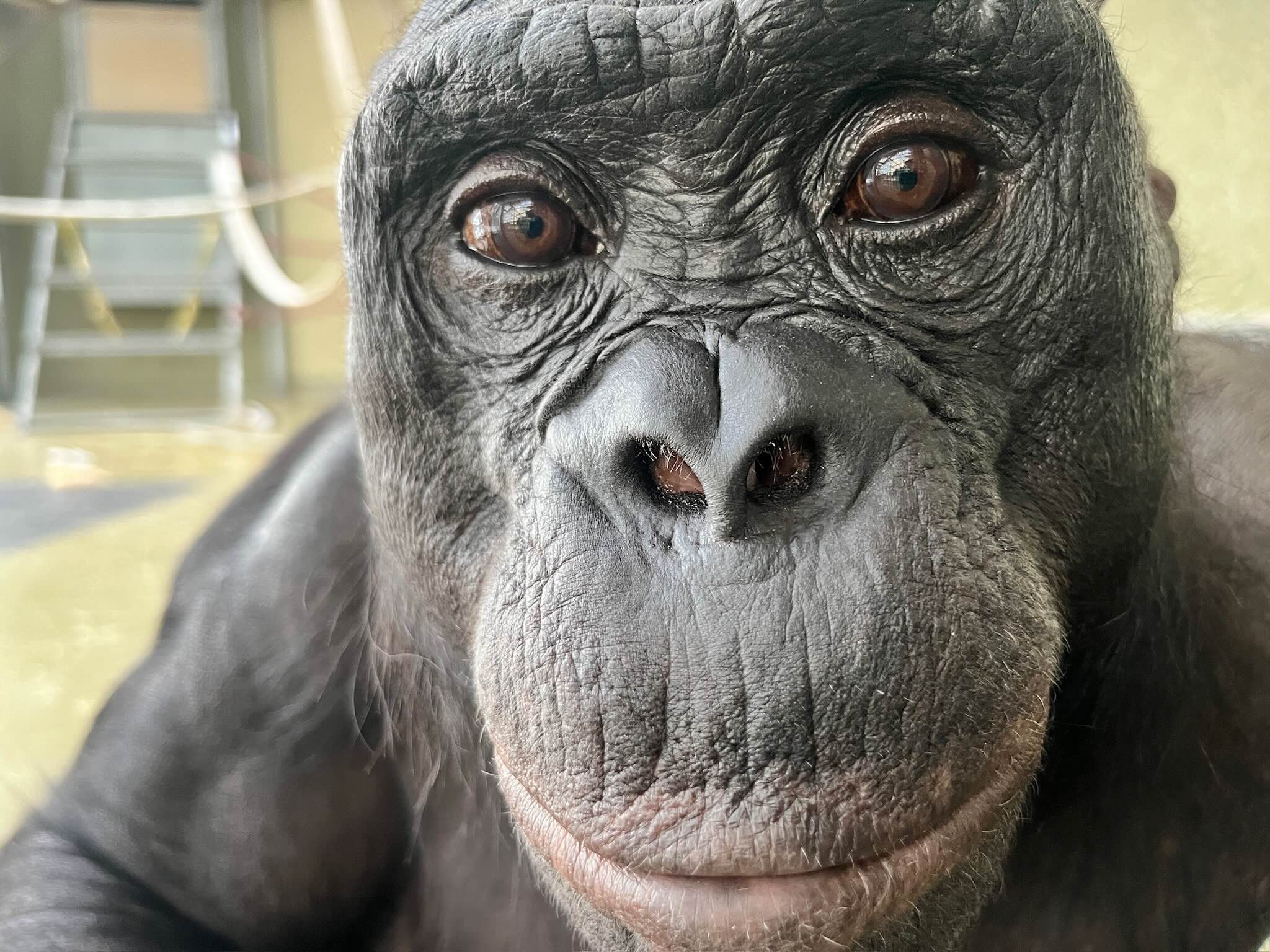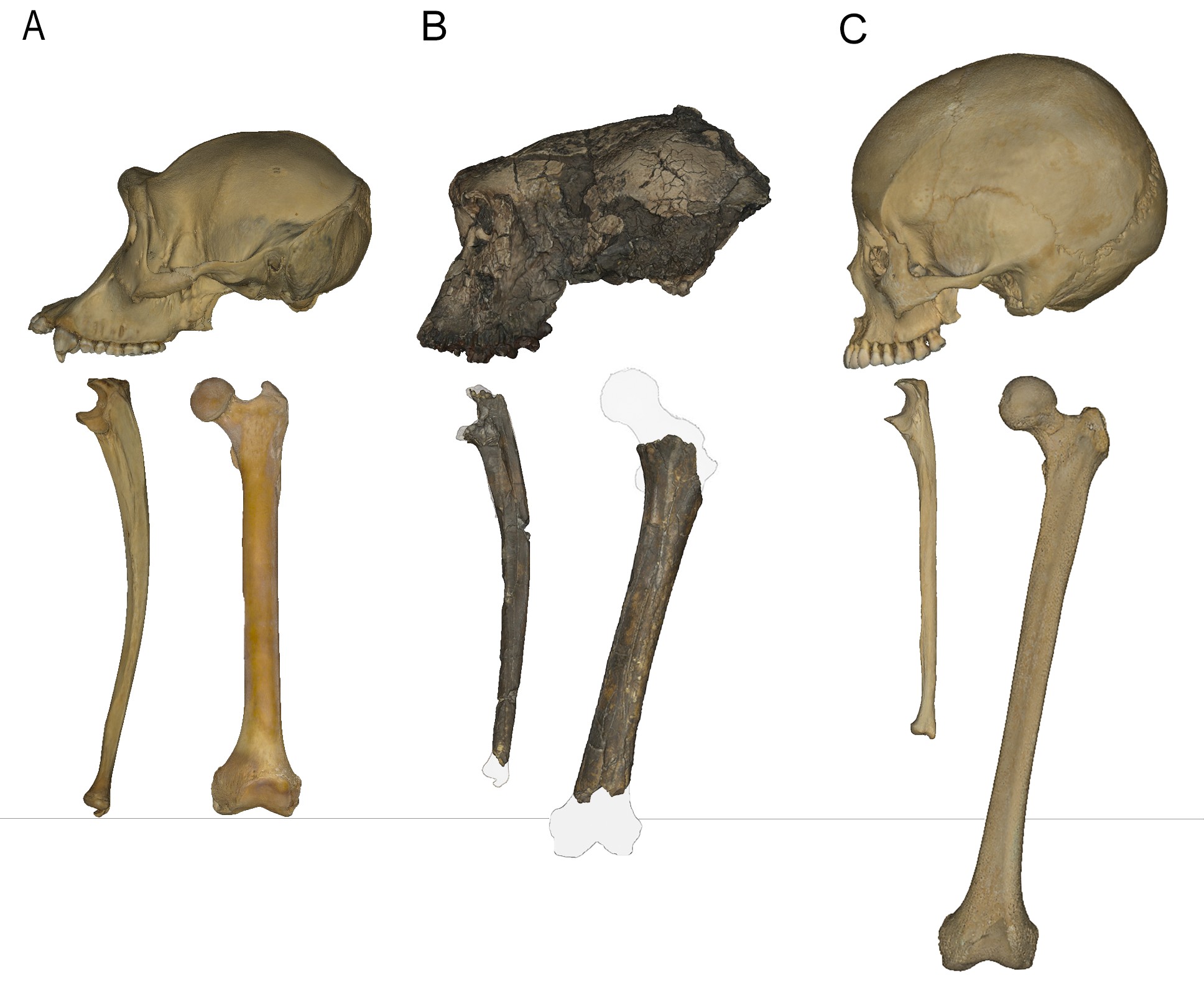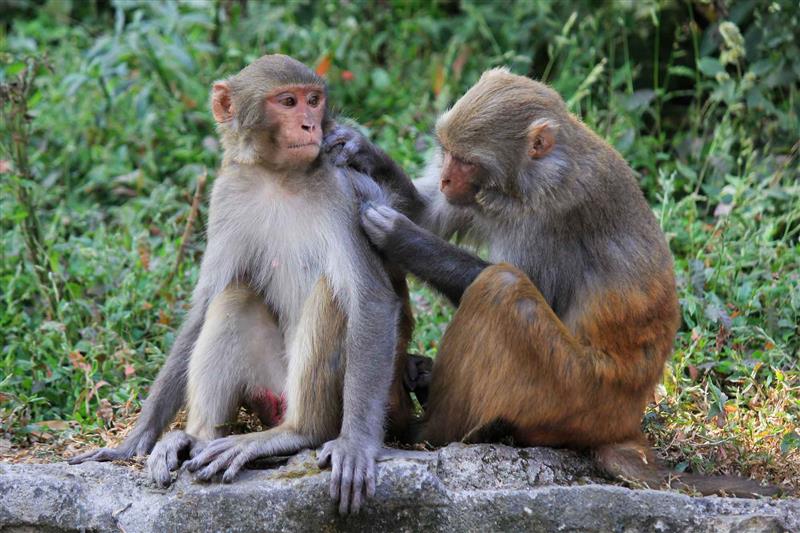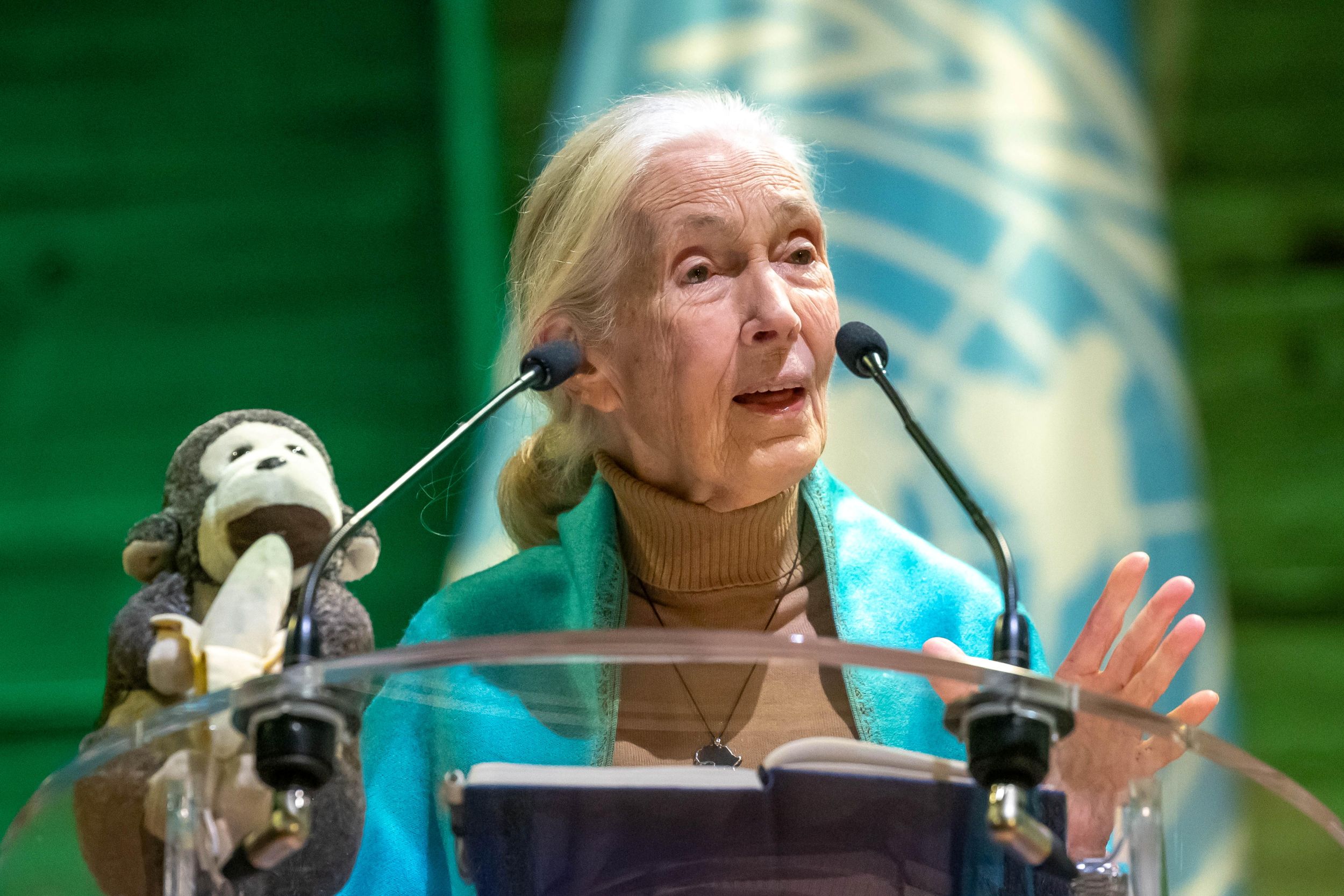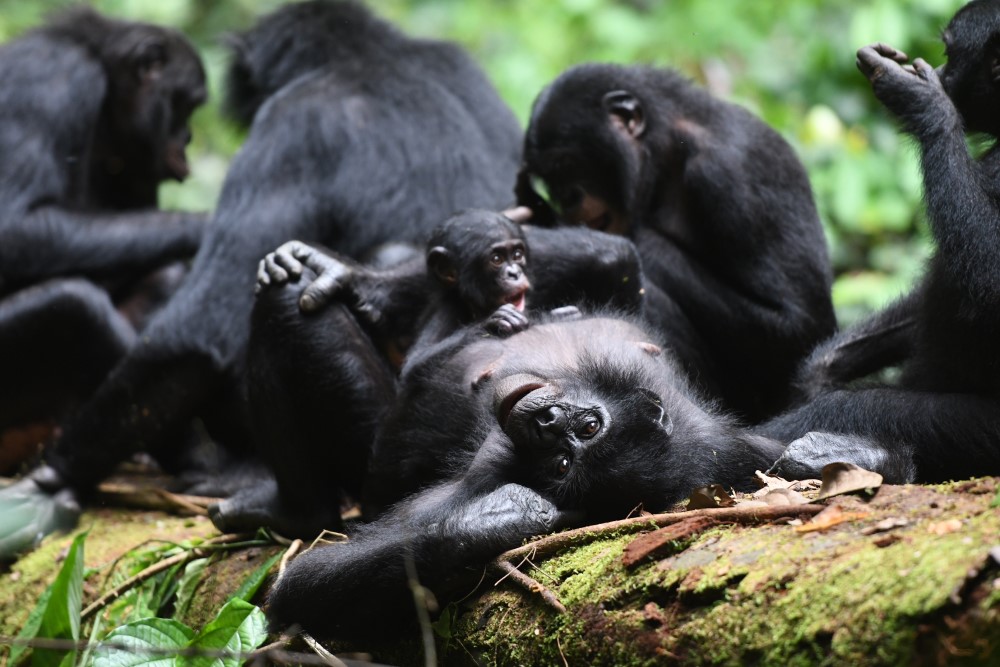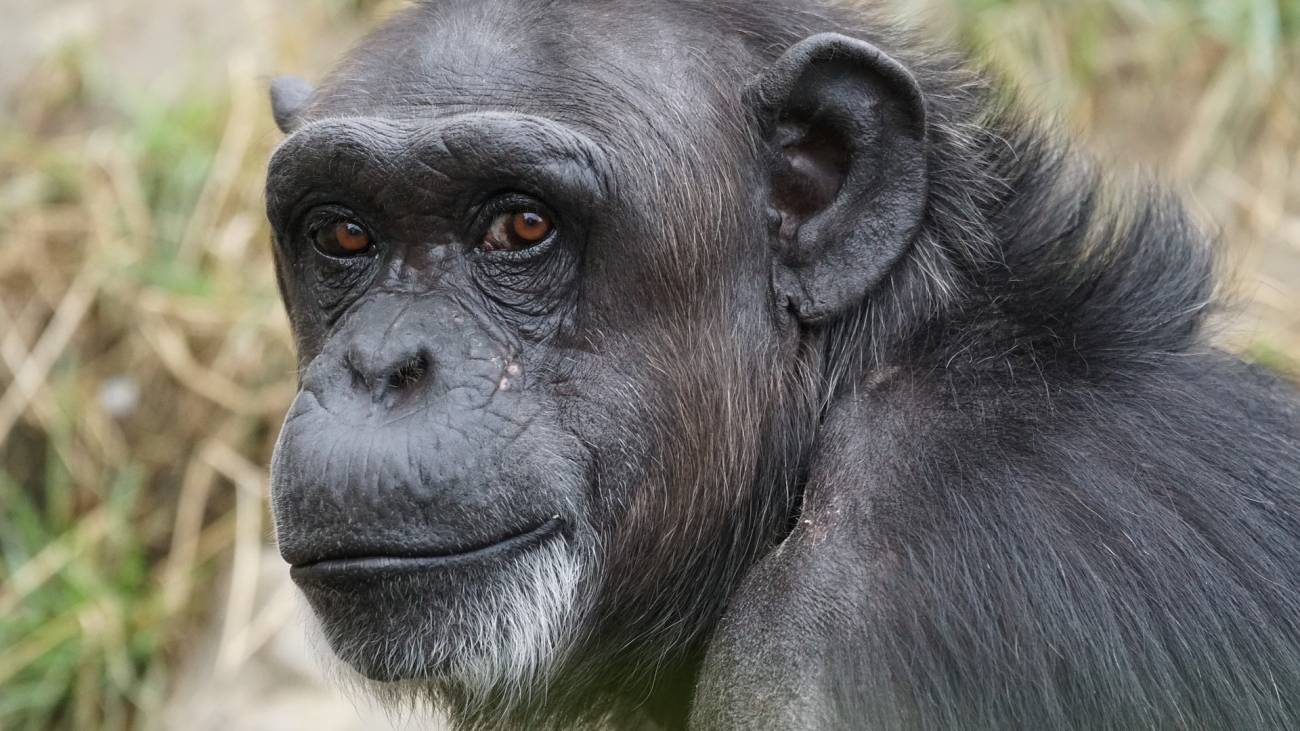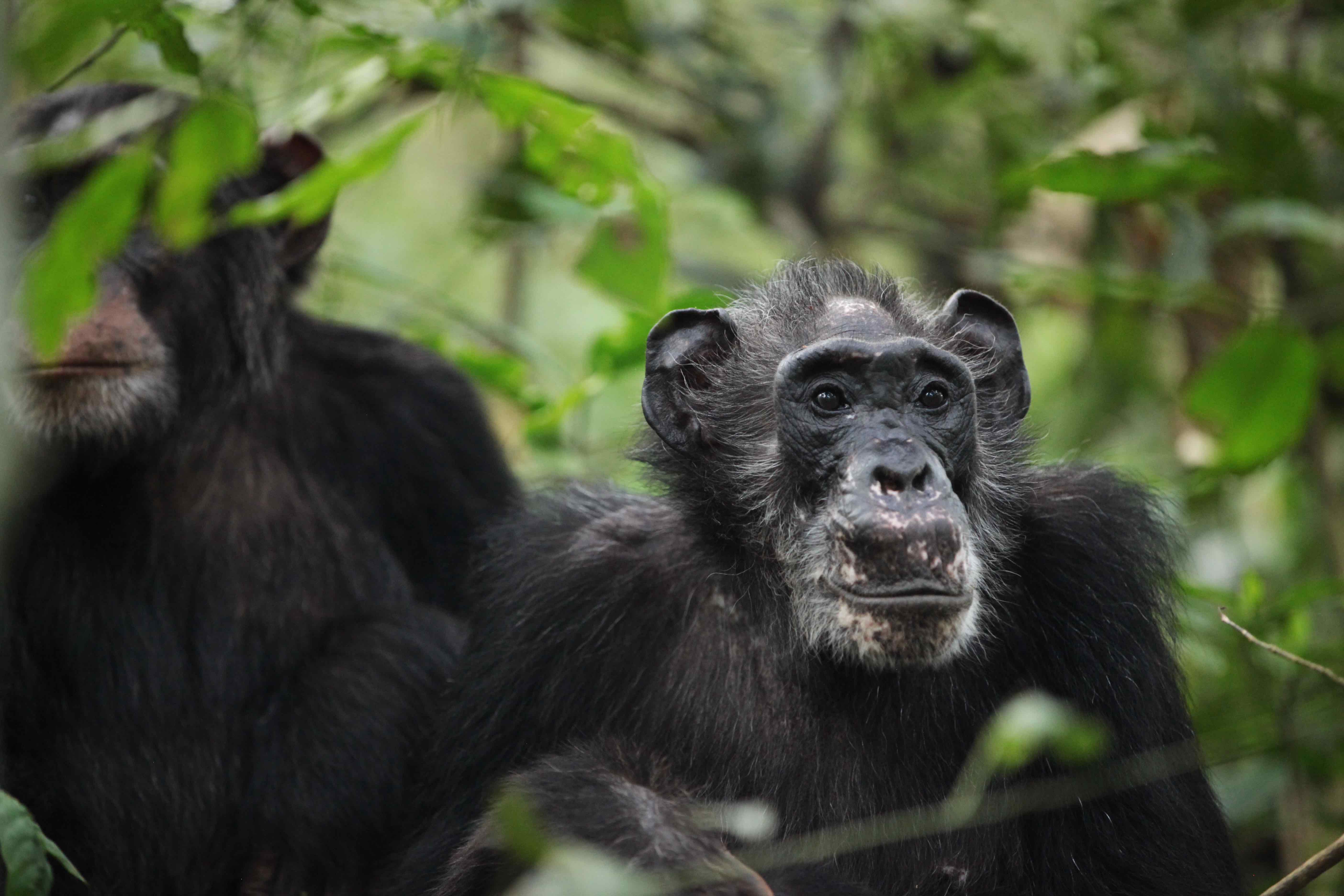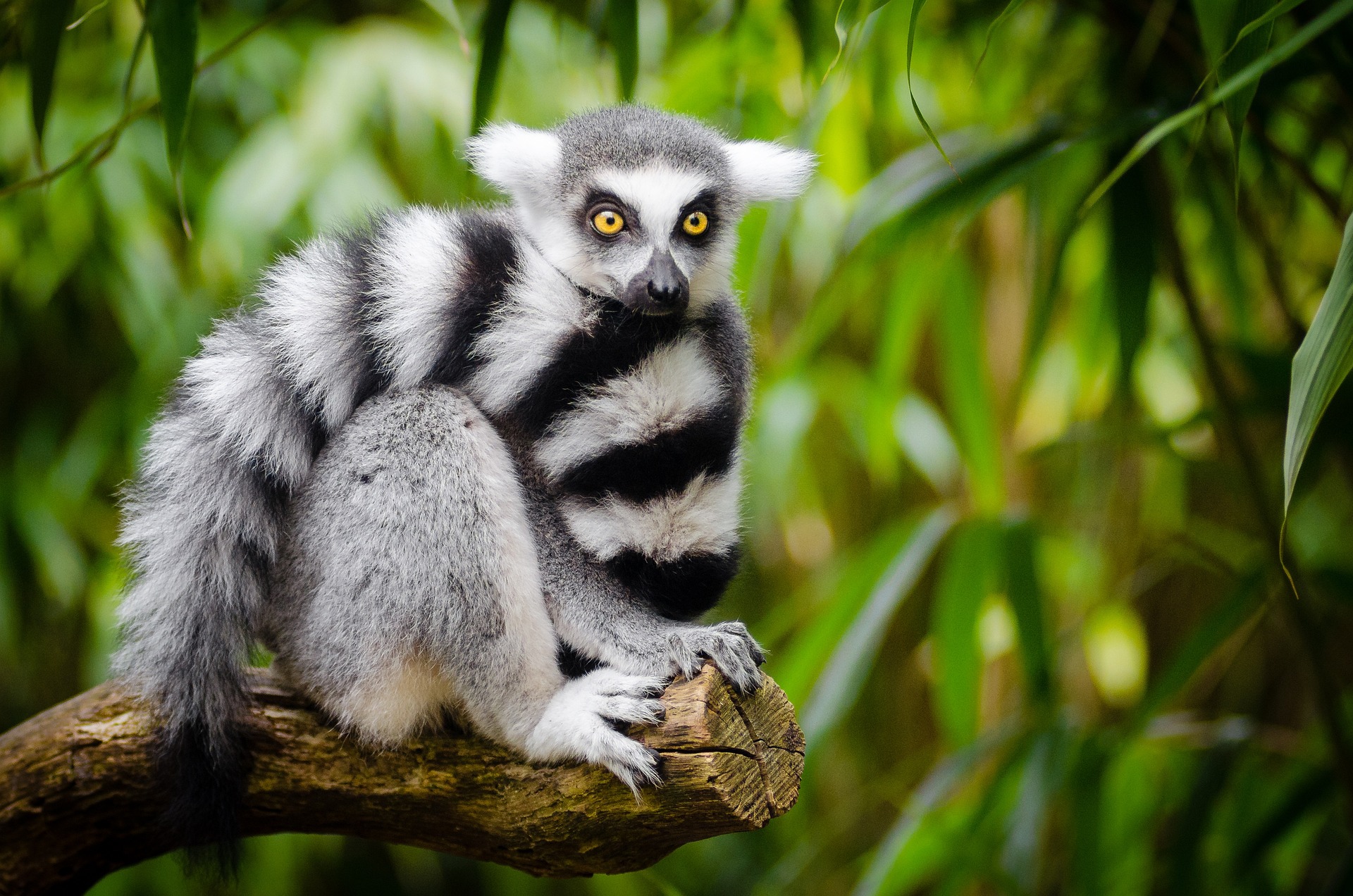Bonobo Kanzi shows that the ability to imagine is not unique to humans
Two researchers from Johns Hopkins University (United States) have shown for the first time, through three experiments, that apes can use their imagination and play pretend, a skill previously thought to be unique to humans. During the study, Kanzi, a 43-year-old bonobo, tasted imaginary glasses of juice and bowls of imaginary grapes. According to the researchers, ‘imagination has long been considered a crucial element of the human condition, but the idea that it is not unique to our species is truly transformative.’ The results are published in Science.
